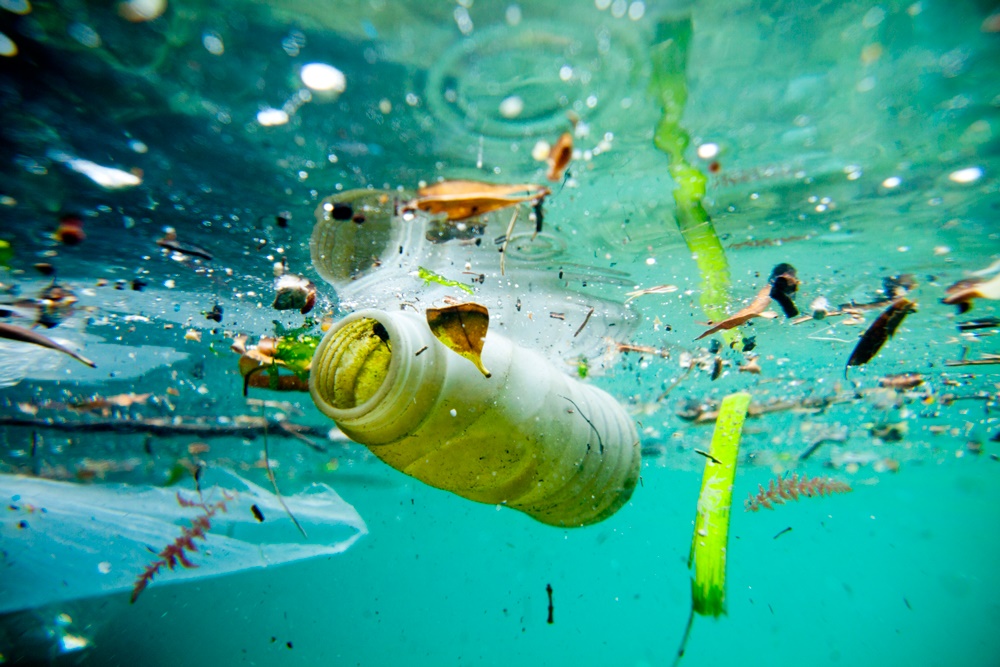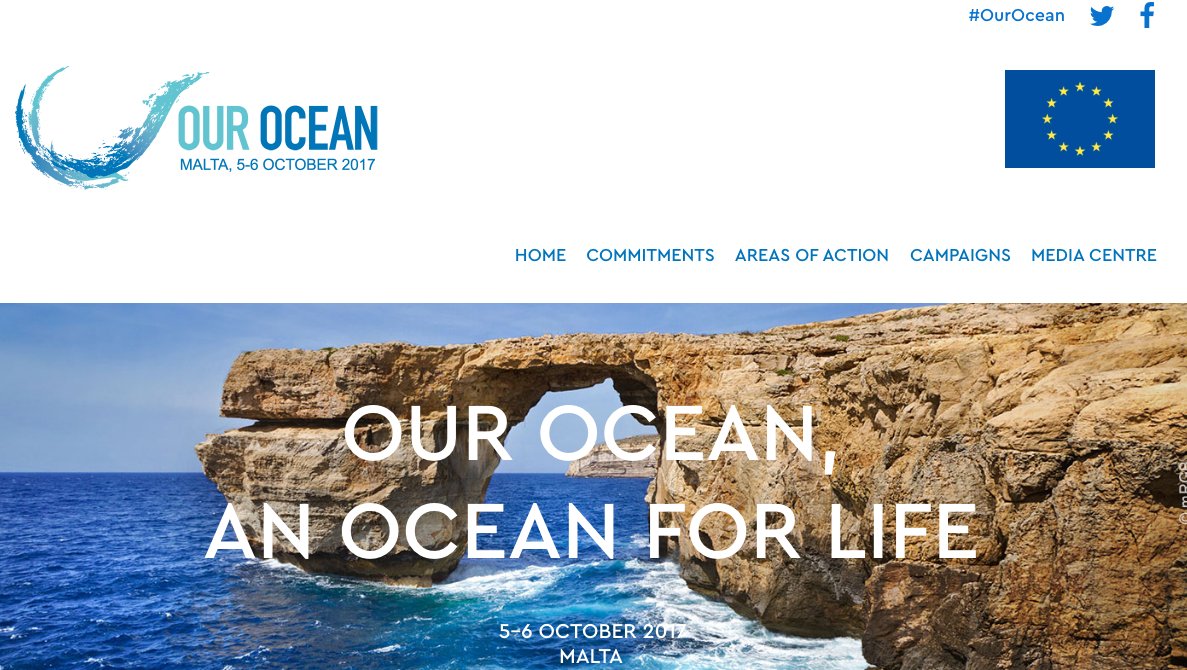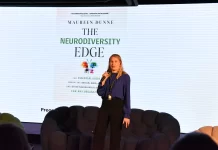- Six innovators will share a $1 million prize for new designs to prevent plastic from becoming waste and entering the ocean.
- The winners will be presented with their awards today by Karmenu Vella, European Commissioner for the Environment, Maritime Affairs and Fisheries, at the Our Ocean conference in Malta hosted by the European Union.
- The Ellen MacArthur Foundation is calling on industry to make more commitments and scale up innovation to keep plastics in the economy and out of the ocean.

With 8 million tonnes of plastic entering the ocean each year, action is needed urgently to change the way we make and use plastics, so that they don’t become waste in the first place. That is why the Ellen MacArthur Foundation, together with the Prince of Wales’s International Sustainability Unit, launched the $2m New Plastics Economy Innovation Prize in May this year. The Prize is funded by Wendy Schmidt as Lead Philanthropic Partner of the New Plastics Economy initiative.
The winners of the $1m Circular Design Challenge (part one of the Prize, run in collaboration with OpenIDEO) are being awarded by Karmenu Vella, European Commissioner for the Environment, Maritime Affairs and Fisheries, at the Our Ocean conference in Malta.The Challenge focused on the 30% of plastic packaging items that are either too small or too complex to be recycled and often find their way into the ocean, for example shampoo sachets, wrappers, and coffee cup lids. More than 600 innovators from over 60 countries from across the world participated.
The Circular Design Challenge winners fall into three categories:
1.Rethinking grocery shopping. Today’s supermarkets are full of single-use plastic packaging to keep our groceries safe and fresh. Yet by rethinking the way we get products to people around the world, innovators can design out waste.
- MIWA, from the Czech Republic, introduces an app that lets shoppers order the exact quantities of the groceries they need, which are then delivered in reusable packaging from the producer to their closest store or to their home.
- Algramo, a Chilean social enterprise, offers products in small quantities in reusable containers across a network of 1,200 local convenience stores in Chile.
2.Redesigning sachets. Hundreds of billions of sachets are sold each year to get small quantities of personal care and food products, such as shampoo and soy sauce, to people mostly in emerging markets. Those sachets are not recycled and many end up polluting the ocean.
- Evoware, an Indonesian startup, designs food wrappings and sachets (containing, for example, instant coffee or flavouring for noodles) made out of a seaweed-based material that can be dissolved and eaten.
- Delta, from the United Kingdom, offers a compact technology that allows restaurants to make and serve sauces in edible and compostable sachets.
3.Reinventing coffee-to-go. More than 100 billion disposable coffee cups are sold globally every year, yet today almost none of them (nor their lids) are recycled.
- CupClub, based in the United Kingdom, introduces a reusable cup subscription service, in which reusable cups can be dropped off at any participating store.
- TrioCup from the United States offers a disposable paper cup made with an origami-like technique that removes the need for a plastic lid. The team has chosen a 100% compostable material and is working on an alternative that is 100% recyclable.
Starting in 2018, the winning innovators will join a 12-month accelerator programme in collaboration with Think Beyond Plastic, where they will work with mentors and expert advisors from the plastics industry and investor community to refine their design prototypes and scale them to become marketable solutions.

An initiative shared by Major Companies
While the winning innovations represent the type of solutions needed to build a plastics system that works, these entrepreneurs cannot drive the transition alone. Major businesses, governments, and investors must make clear commitments and collaborate towards a circular economy for plastics.
Six participants in the Ellen MacArthur Foundation’s New Plastics Economy initiative – MARS, M&S, PepsiCo, The Coca-Cola Company, Unilever, and Werner & Mertz – are pledging (or reiterating a pledge) in Malta to use 100% reusable, recyclable or compostable packaging by 2025 at the latest. This is a major step forward, and the Ellen MacArthur Foundation calls on the whole industry to follow their lead, as well as to make commitments that ensure packaging is not just recyclable, but also in practice recycled, reused or composted. One critical action is to increase demand for recycled materials. Consumer goods producer Werner & Mertz’s pledge today to use 100% recycled content in all its consumer packaging by 2025 sets a great example for others to follow. A critical mass of such commitments is essential to move towards a new plastics economy in which no plastic becomes waste.

Founder Dinis Guarda
IntelligentHQ Your New Business Network.
IntelligentHQ is a Business network and an expert source for finance, capital markets and intelligence for thousands of global business professionals, startups, and companies.
We exist at the point of intersection between technology, social media, finance and innovation.
IntelligentHQ leverages innovation and scale of social digital technology, analytics, news and distribution to create an unparalleled, full digital medium and social business network spectrum.
IntelligentHQ is working hard, to become a trusted, and indispensable source of business news and analytics, within financial services and its associated supply chains and ecosystems.




























